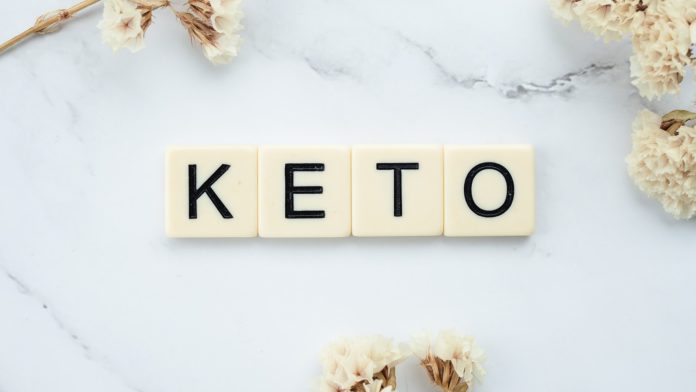You probably have heard about the keto(genic) diet that has been making headlines over the past numbers of years. Keto diet proponents have consistently touted it for its ability to help with weight loss and stay healthy at the same time. It’s almost like a magic bullet that you can use to kill two birds with one stone.
But you, our sleepy readers, know that if something sounds too good to be true, it probably is.
So is there any truth to the claims?
Origin and Overview of the Keto Diet

The keto diet was first designed to help patients suffering from epilepsy to deal with the debilitating condition. The word ketogenic is derived from “ketosis”, a term used to describe the condition where the body burns fat instead of carbohydrates for energy. The end result is the production of ketones, which form the body’s primary energy source.
Scientists still do not know why switching a person’s diet from a predominantly carb to a mostly fat diet works for epilepsy patients. Whatever the case, those epilepsy patients showed significant improvements after going on a keto diet compared to their normal diet.
A keto diet typically requires consumption of macronutrients in the following proportion: 70% fats, 25% protein, and 5% carbohydrates. These ratios are, undoubtedly, quite different from what most people typically eat in a day. This eating routine causes the body to transport the consumed fats (instead of carbs) to the liver, which is then converted into energy for usage and storage.
You might think that the keto diet is only for meat-eaters, but it can also be modified to suit non-meat eaters. It’s just that finding non-meat substitutes to meet the requirements is more troublesome for non-meat eaters.
So what makes this diet better or worse than the multitude of others that already exists? We examine the pros and cons below.
The Benefits of Following a Keto Diet
1. It Is an Alternative for Assisting With Weight Loss
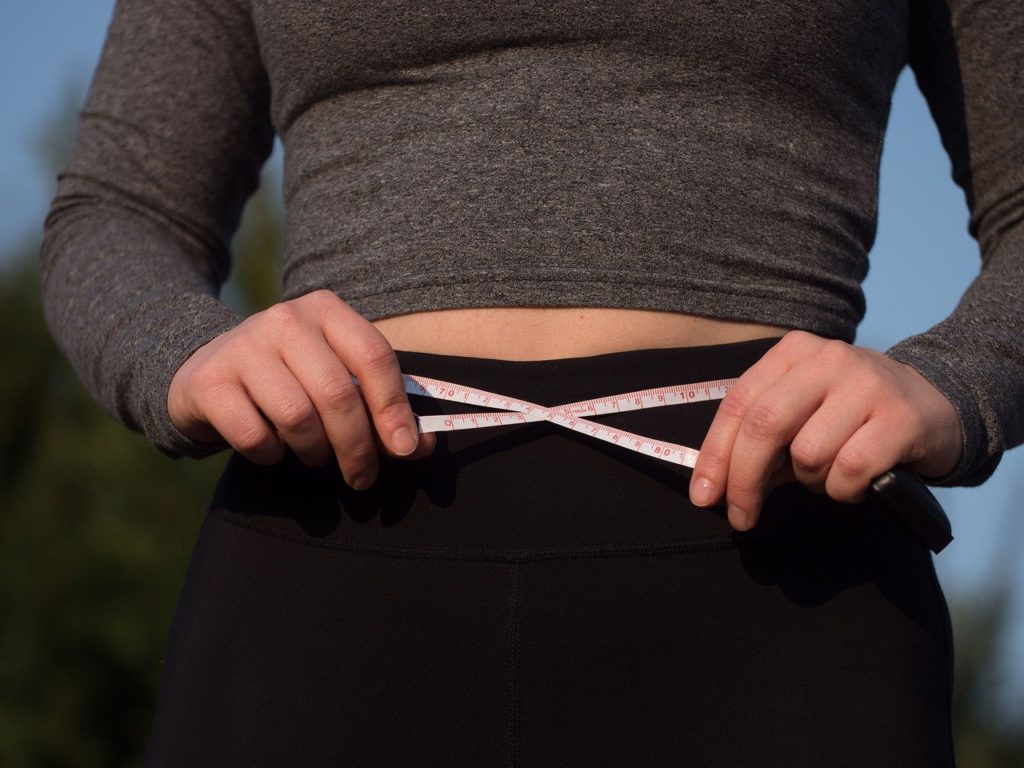
The keto diet may help with weight reduction by boosting your digestion and keeping cravings in check.
Since one gram of fat has 9 calories compared with 4 calories from a gram of carbohydrates, eating the same amount of fat as you would carbohydrates can make you feel fuller. Best of all, fats do not cause insulin spike anywhere near the level that carbohydrates do.
There is also the psychological aspect involved since people who follow a dieting program tend to watch what they consume.
2. It Can Help With Type 2 Diabetes
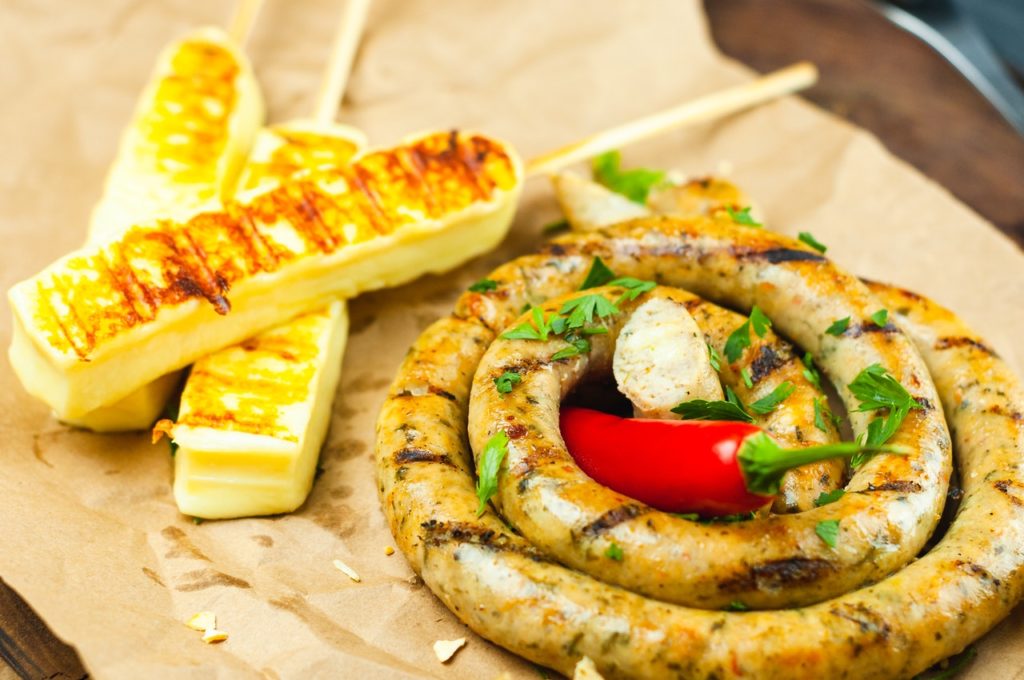
Studies demonstrate that a keto diet can be helpful for those suffering from type 2 diabetes. Diabetes refers to the condition where the body is unable to effectively utilize insulin, thus causing glucose to remain in the blood.
Carbohydrates – particularly sugary foods and drinks – are the main causes of insulin spikes. Put two and two together and it is easy to see why the keto diet can work in combating type 2 diabetes.
You can find more information about the links between diabetes and the keto diet here.
3. It Can Improve Your Mental Performance

It is actually normal for those undergoing the keto diet to experience a constant rather than fluctuating energy state. This is because the near absence of carbohydrates means that you will not experience insulin spikes i.e. a sudden energy boost followed by a dramatic decline.
You will therefore be able to focus better as a result instead of feeling energized one moment and fatigued the next.
Note: Studies of keto diet on physical performance have shown that it may be no better than following a more balanced diet.
4. It Can Boost Your Creativity
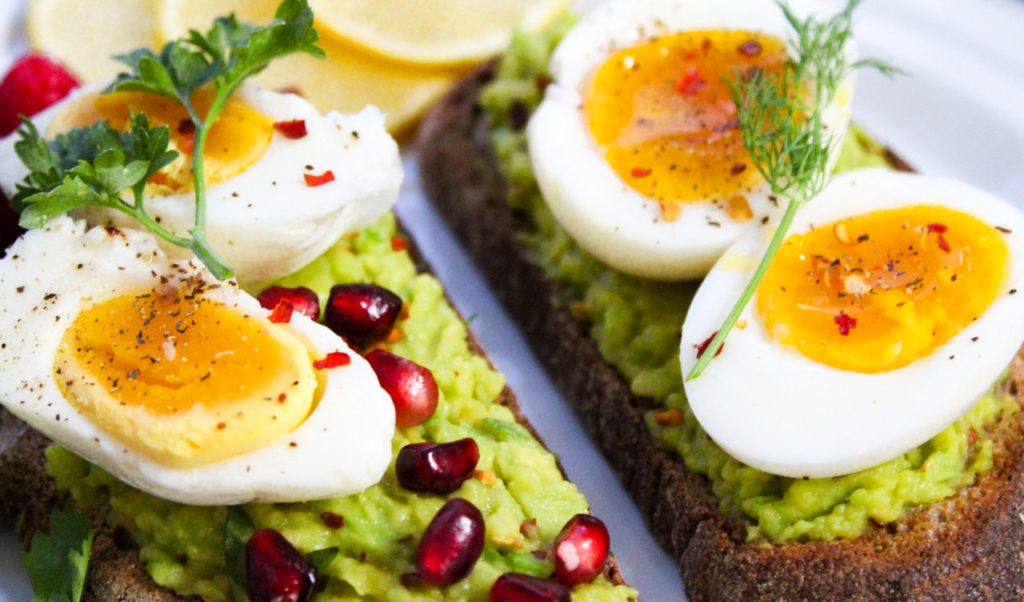
Going on a ketogenic diet forces you to step out of your comfort zone, whether in terms of eating habits or coming up with creative keto recipes. This is because the diet is very strict about the types of foods that one can consume along with the amount of each macronutrient.
That said, here are some recipe ideas for you to get started along with one for making keto-friendly ice cream!
The Negative Side Effects of Following a Ketogenic Diet
1. The ‘Keto Flu’

Some people claimed to experience the “keto influenza” after experimenting with the keto diet. This typically happens as the body tries to adapt to using fat rather than carbohydrates as its main energy source. You may as a result encounter cerebral pains, weakness, and queasiness.
Fortunately, supplements exist that can help ease the above issues for those adjusting to the keto diet. You can also just let time pass for your body to adjust to the new state.
2. It Increases Your Cravings for Carbohydrates

There is no doubt that following a keto diet can make you feel carb-deprived given the strict guidelines. Common everyday items like apples, rice, and pasta are a no-no. Yes, say goodbye to pizza on your cheat day!
You may be able to avoid consuming these items for a while, but if you are like most people you will eventually develop an uncontrollable craving for carbs. To cope with this, there are many keto-friendly snacks you can consume as a substitute.
These may not be perfect, but they are better than thinking about ice cream all day long.
3. It Could Lead to Nutrition Deficiency
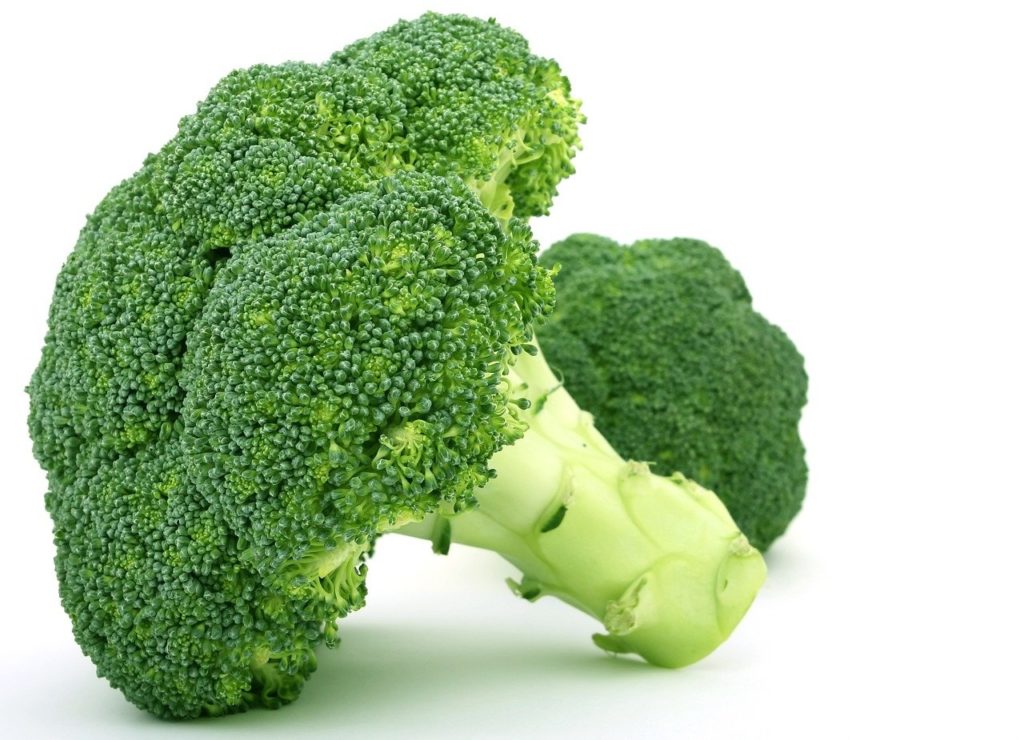
You might think that the keto diet excludes all vegetables, but this is far from the truth. All keto diet followers are encouraged to include vegetables in their meals, especially vegetables that contain little or no carbs. Examples include nuts, seeds, and high fiber leafy green vegetables.
You should also supplement your diet with multivitamins while on a keto diet in order to avoid nutrients deficiency.
4. It Will Cause Unpleasant ‘Waste Discharge’ Odors
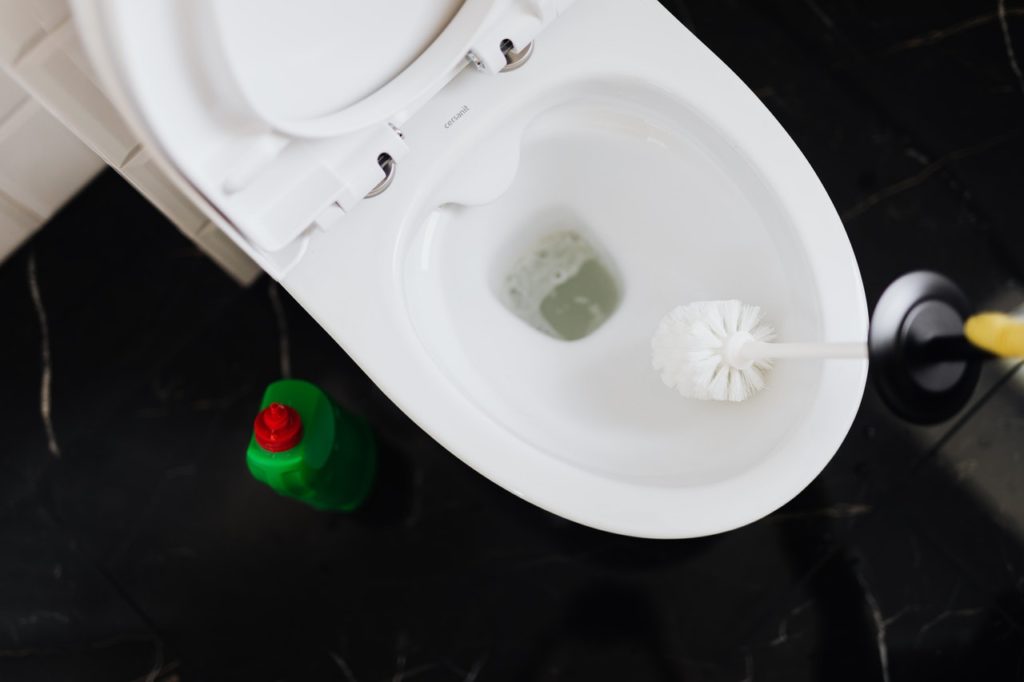
Let’s face it, any change in your diet as extreme as that of going full keto is going to have impact your digestive system. This is something that most people neglect to mention as an unpleasant side effect of the keto diet.
The most visible change would be the color of your urine. The flip side? This change in your urine color is one of the signs that your body have entered into the ketosis state. Here are some ways that you can validate this.
Just be prepared to get comfortable with a different ‘body odor’ while you’re on the keto diet.
5. You May Not Be Able to Join Others for Meals
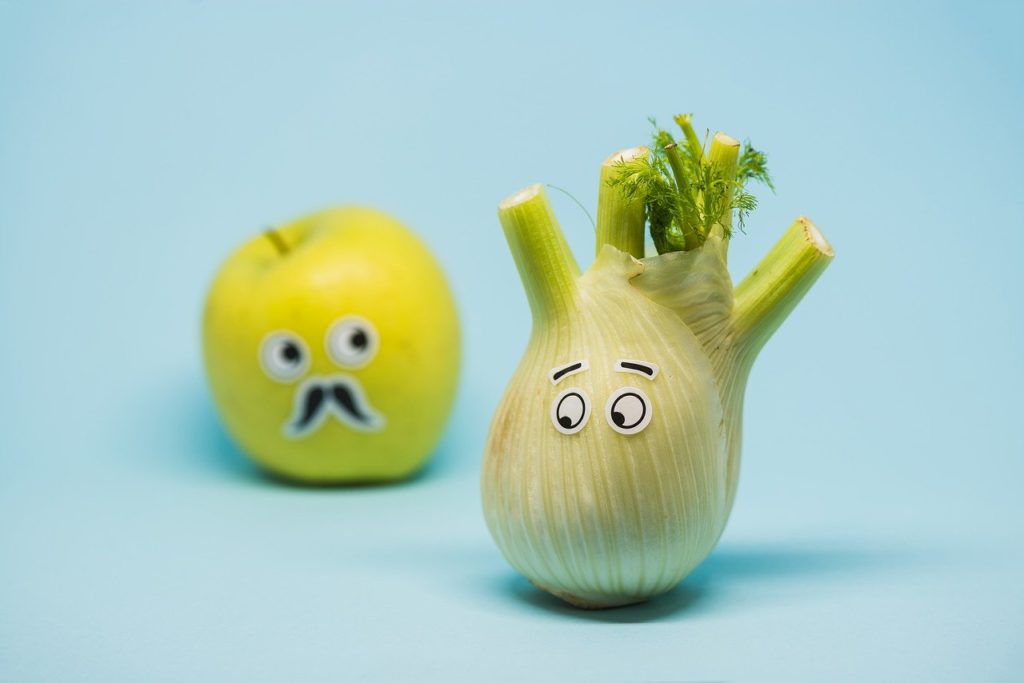
The keto diet can negatively impact your social life unless you can get others to follow what you eat. This is one side effect that doesn’t get reported as much, but is nonetheless true.
Here are a few things that you can do to overcome this. Talk to the restaurant’s chef and let him/her know what you can or cannot eat. Some establishments do entertain this sort of request, so you may want to consider asking your friends and family to accommodate your diet by selecting only those eateries that offer customizable meals.
6. You Will Likely Have to Allocate Extra Resources

You may have to rely on one or more keto meal providers for your sustenance assuming that this option exists in your area. Otherwise, the only option is to make your own meals (which we recommend), and make them in bulk.
This means that you will have to set aside time from your schedule for procuring ingredients, be familiar with the recipes, and do the cooking yourself. Doing your own cooking will also likely save you some money and at the very least you’ll know what you’re eating.
You will also have to get accustomed to measuring the different ingredients carefully while availing yourself of a wide variety of options in order to avoid getting bored of eating the same food everyday.
The Verdict
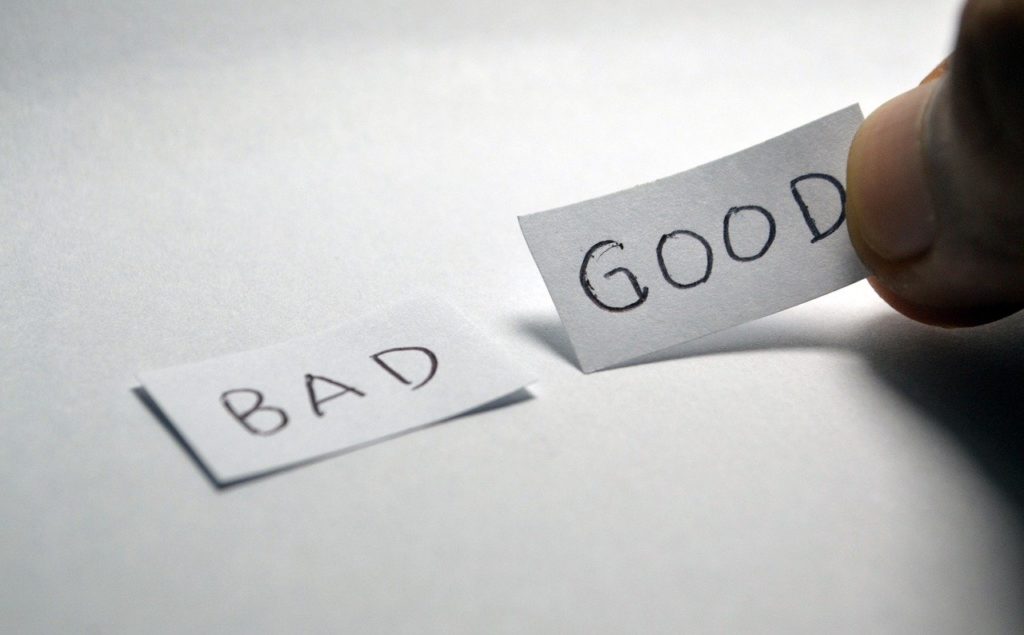
There is no denying that the keto diet is well-known in today’s society, and when it comes to ‘weight loss’ everyone is up to try whatever the current diet trend happens to be. The problem with this is, many people are quick to hop on the diet train without knowing the downsides.
A diet is just that, a diet and the keto diet is no different. For weight loss, it doesn’t matter which diet you follow because you can lose weight if your calorie intake is less than your energy expenditure. This means that you can eat fast food every day and still keep the weight off if you do not exceed your daily energy needs even though eating fast food is far from healthy.
The keto diet is a generally good option if you are looking for short-term weight loss for whatever reasons. We said short-term because the majority of people are unable to sustain such a diet indefinitely.
The balanced approached of cutting down on processed foods consumption and gradually switching to healthier options remain a viable alternative.
As always, we recommend that you seek out your doctor for advice before undergoing any sort of nutrition program.

